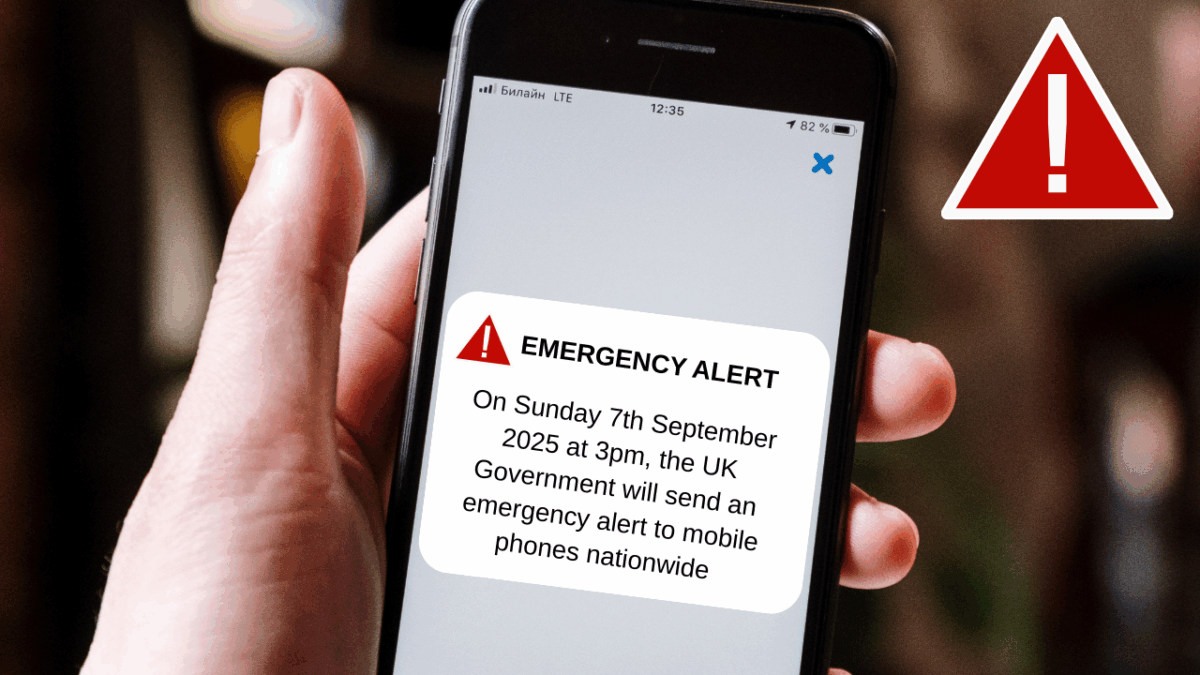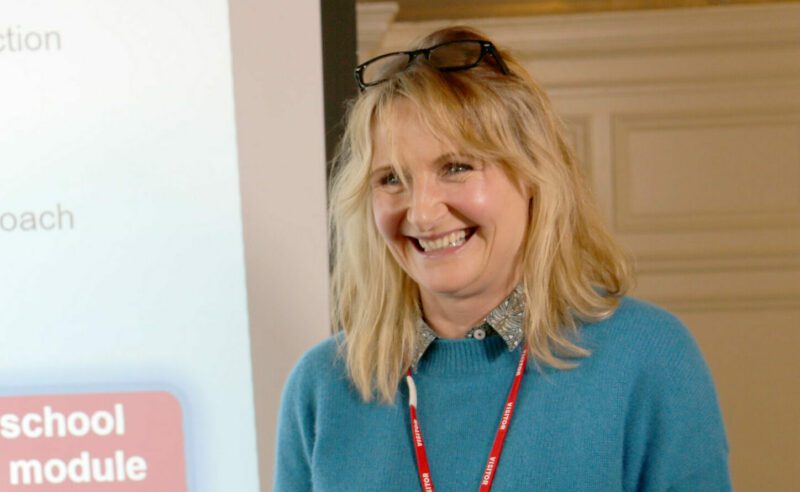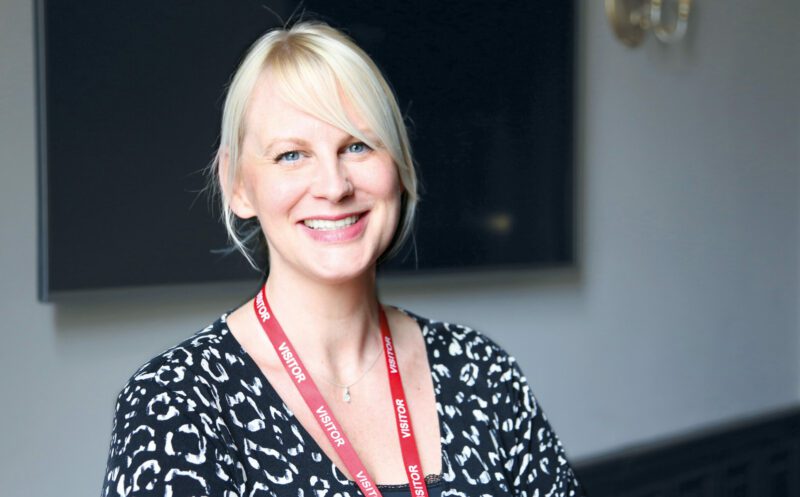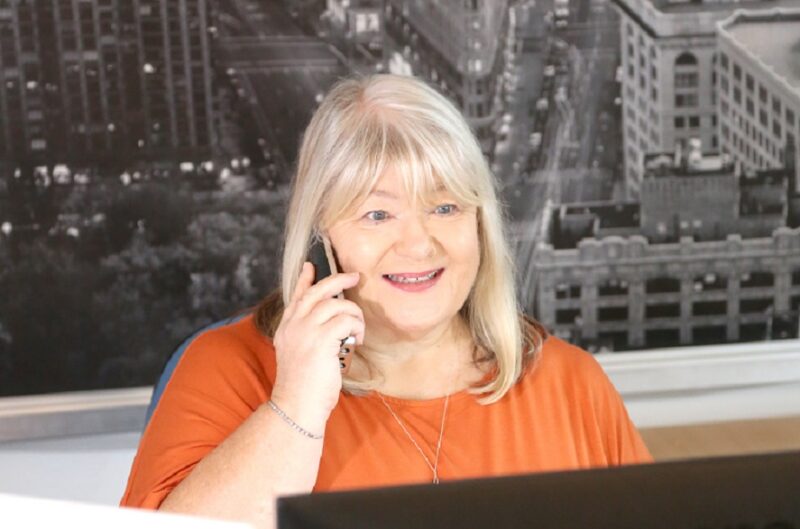
Safeguarding and the National Emergency Alert
On Sunday 7th September 2025 at 3pm, the government will run a nationwide test of the UK Emergency Alert system.
A similar test took place in April 2023, which sent a loud siren and message to millions of devices across the UK. While the system is designed to improve public safety, that test also highlighted important safeguarding concerns, particularly for individuals with hidden or concealed phones. This year’s test will follow the same process, and it is vital that those at risk know how to stay safe.
The Emergency Alert system is intended to warn people of life-threatening situations such as severe flooding, fires, or extreme weather. Alerts are sent directly to compatible 4G and 5G mobile phones and tablets, accompanied by a phone number or link to the GOV.UK website for further advice on how to stay safe.
What will happen when we get the alert?
When the alert is sent, your phone will:
Play a loud siren-like sound for around 10 seconds
Vibrate
Display a message on screen (in some cases, it may be read aloud)
This will happen even if your phone is on silent mode.
If you’d like to listen to the siren, click here to view the YouTube Video.
What if the device has no data, is on silent, or not connected to Wi-Fi?
You do not need mobile data or Wi-Fi for the alert to come through.
The only requirement is that your phone is:
Switched on
Connected to a 4G or 5G mobile network
Compatible with the Emergency Alert system
If your phone has no signal, is in airplane mode, or is switched off, it will not receive the alert.
Why could this be a safeguarding concern?
For many people, the test will be a minor inconvenience. But for some, it may be dangerous.
If someone has a concealed or secret phone – for example, hidden from an abusive partner – the loud siren could expose its existence and put them at risk.
The Victims’ Commissioner, Nicky Brennan, previously warned:
“I know first-hand of many victims of domestic abuse who have a concealed phone as a lifeline, allowing them to keep in touch with friends and family or to be used in an emergency. While the emergency alert system is understandable, it is also vital we raise awareness that this can be switched off for those who need it.”
How can the siren be prevented?
If you (or someone you know) has a concealed phone for safety reasons, you can:
Switch off emergency alerts in your settings:
iPhone: Go to Settings → Notifications → scroll to Government Alerts → toggle off Emergency Alerts.
Android: Go to Settings → Notifications (or Wireless Emergency Alerts, depending on model) → toggle off alerts.
Turn the phone off or use airplane mode during the test period (3pm on 7th September). Either option will stop the alert from arriving.
This instruction video from 2023 remains relevant and explains how the siren can be disabled by switching off these emergency alerts in your settings app, for both Android and Apple devices.
Safeguarding reminder
This test is an important step in improving national safety – but it may also have unintended consequences for vulnerable individuals.
If you are responsible for safeguarding in your setting/organisation, please share this information with colleagues, parents, and carers so that those at risk are aware and can take steps to protect themselves.



